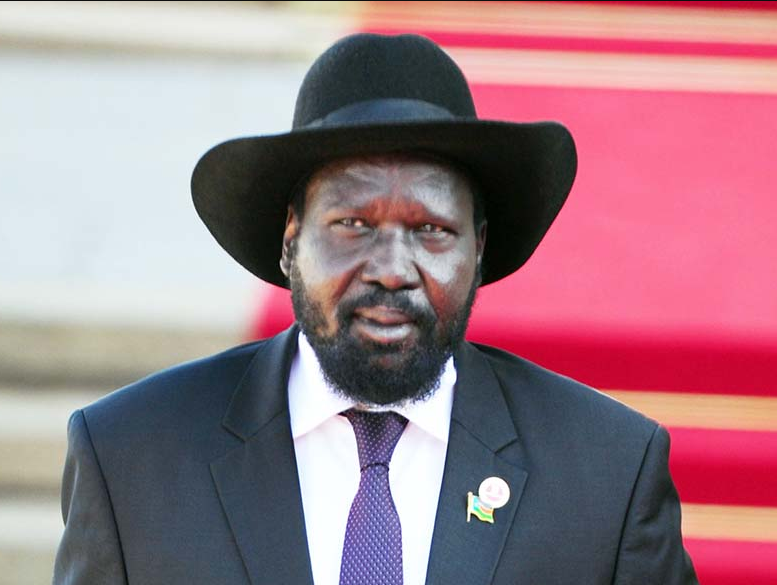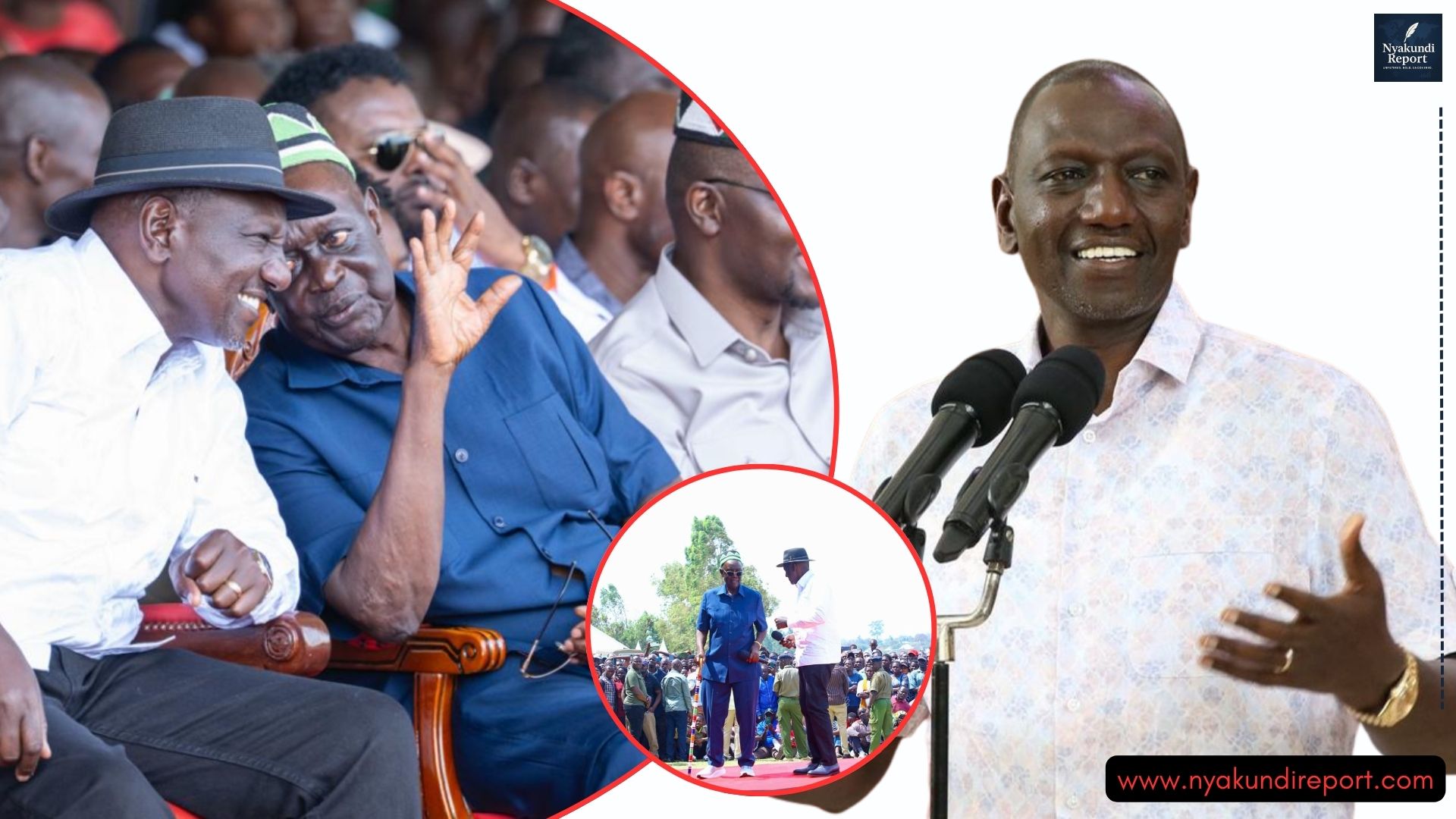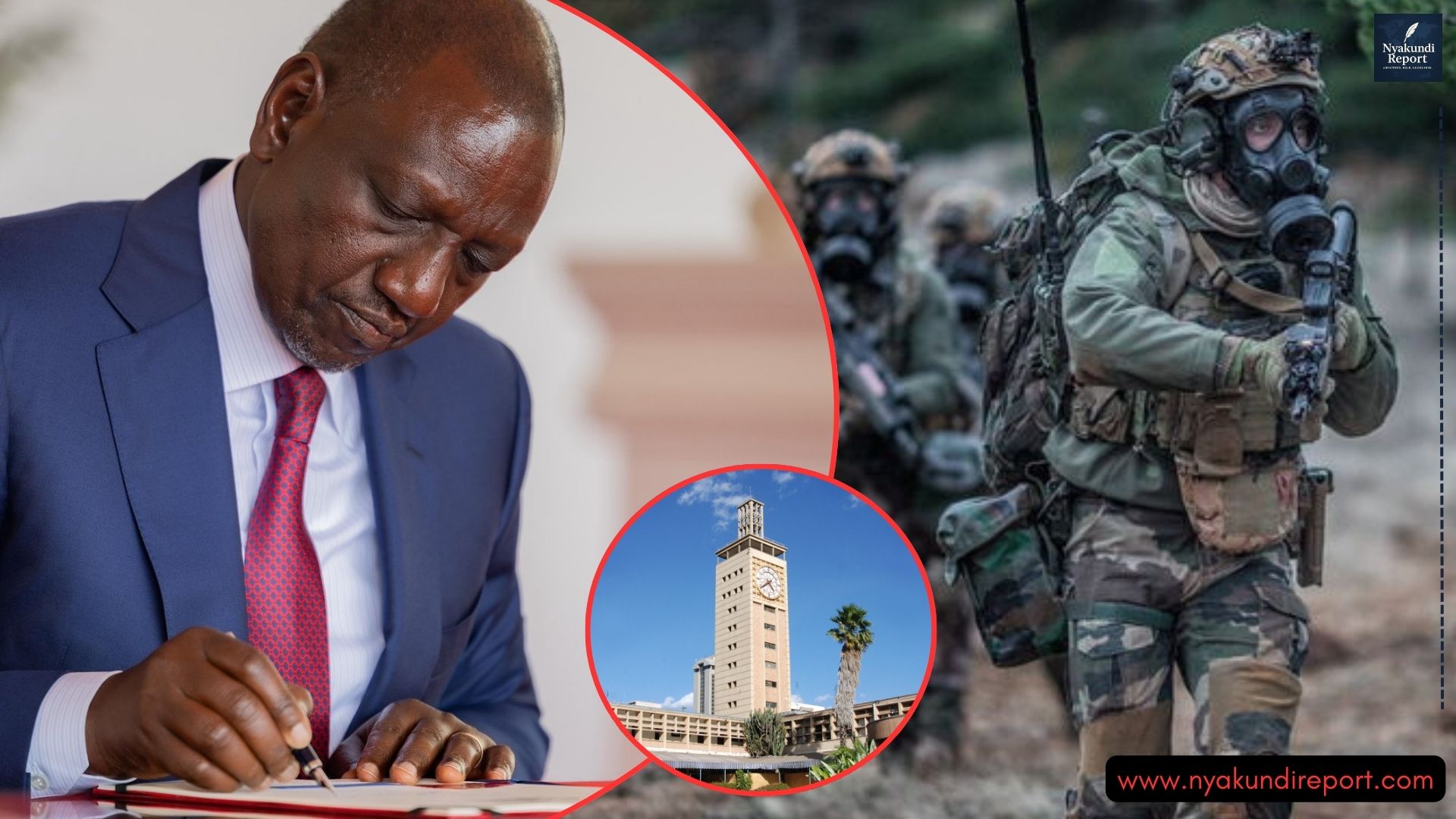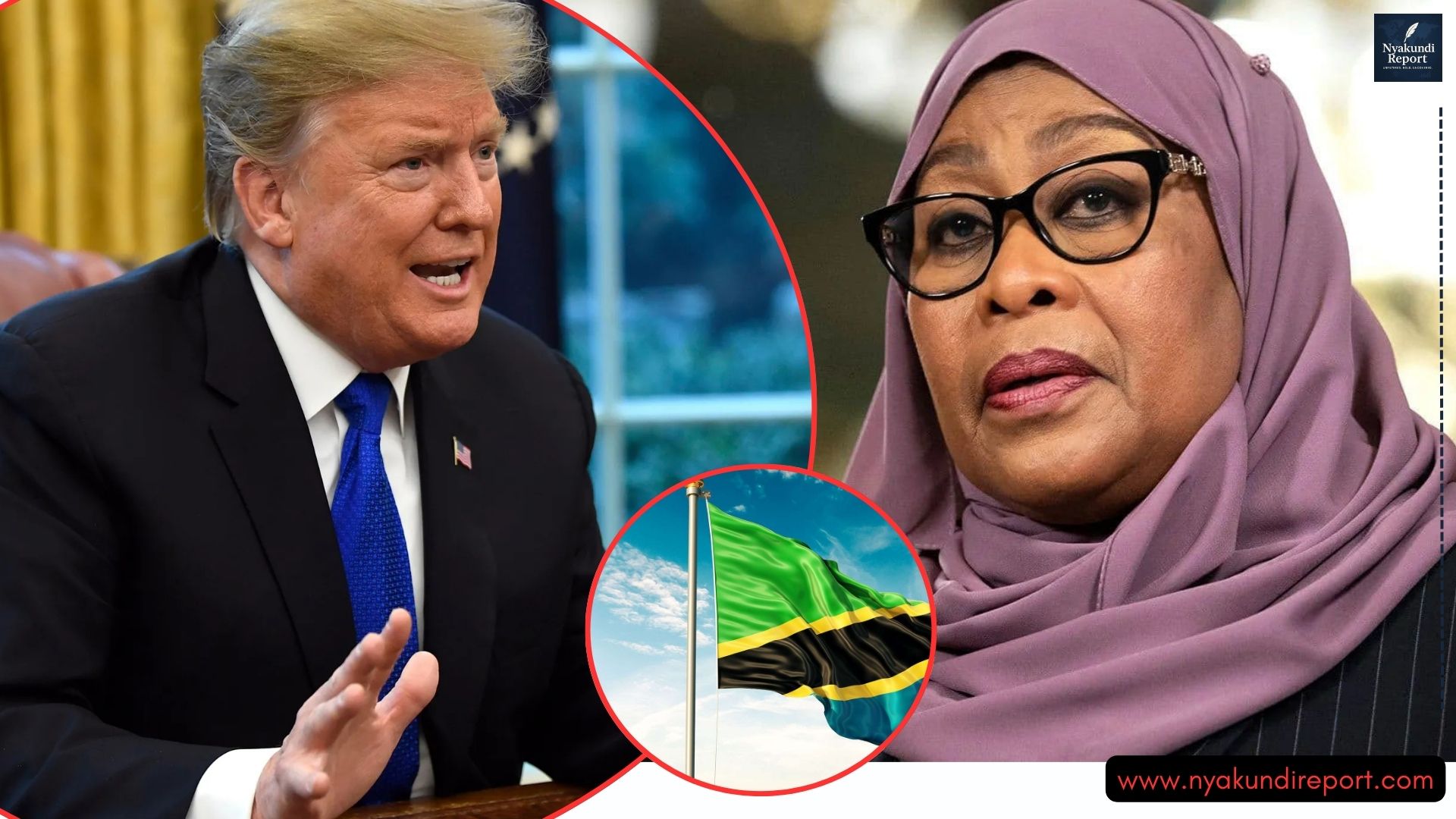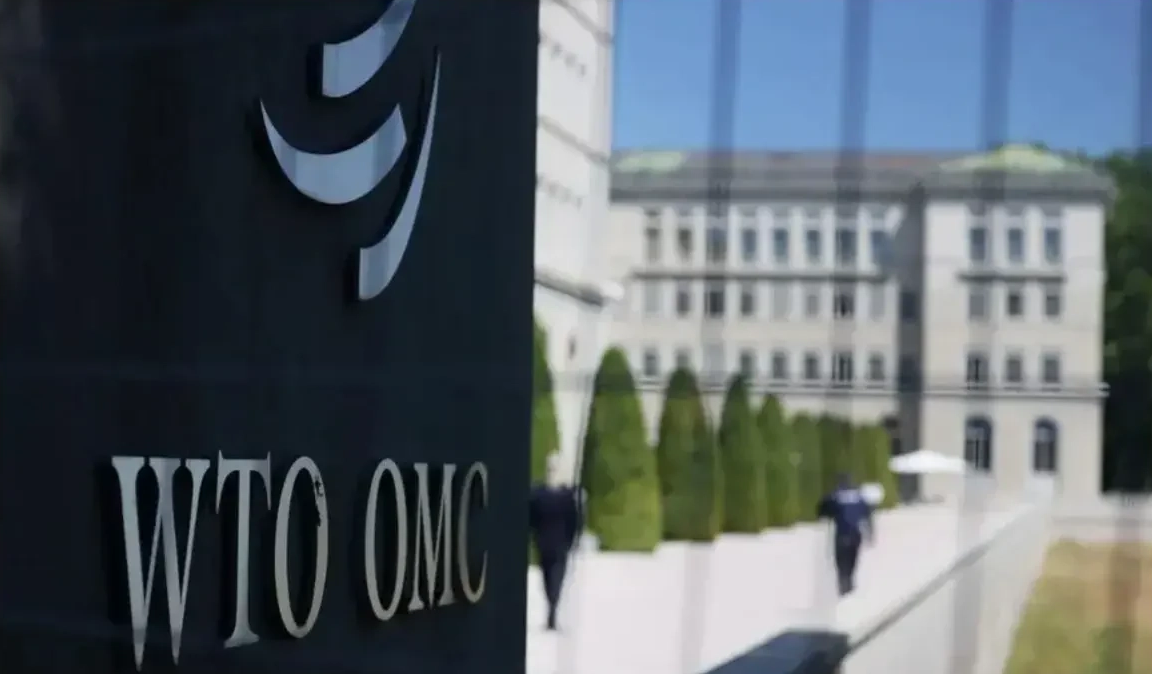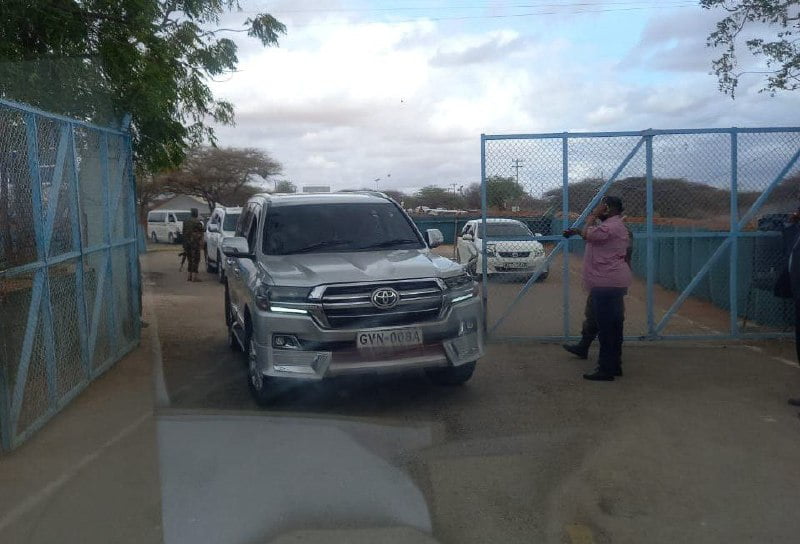Kameme TV and 22 other television stations are staring at shutdown after being accused of flouting strict betting regulations.
The Betting Control and Licensing Board (BCLB) has cracked down hard, accusing the media outlets of airing betting promotions despite a government suspension.
This bold move signals a growing clampdown on illegal betting advertisements that have flooded Kenyan airwaves.

The Growing Crackdown on Betting Regulations
In a statement dated May 5, 2025, BCLB Director P.K. Mbugi announced that 23 TV stations had defied a 30-day suspension of betting advertisements. According to the board, these stations ignored directives and continued to broadcast betting content with payment prompts boldly displayed on their screens.
“Following the Board’s recent press statement announcing a 30-day suspension of betting advertisements, it has come to our attention that several media outlets continue to run unauthorized betting promotions,” Mbugi wrote.
The board’s statement emphasized that the violations were not minor oversights. The media houses actively promoted gambling by urging viewers to participate in betting games and flashing payment details on their screens.
Such practices, the board argues, directly contravene the suspension guidelines and undermine efforts to regulate the gambling industry. The BCLB has formally asked the Communications Authority (CA) to take swift action against the offending stations.
“The Board has determined that necessary measures must be taken against the listed TV stations, including their immediate shutdown,” the statement declared.
The list of TV stations now at risk of closure reads like a who’s who of smaller and upcoming broadcasters. It includes Kameme TV, Tohanchane TV, Favour Life TV, Wave Time, Yahweh TV, Goodwill TV, Massa TV, JCDH TV, Swahili TV, Humble Touch, Deliverance TV, Moja One, Ngumbao TV, Naivera TV, Nyumba Itu, Aviation TV, Repower, Happy TV, Jawabu TV, Maajabu TV, Madhabahu TV, Michezo TV, and Venus TV.
The BCLB has also copied the letter to the Directorate of Criminal Investigations (DCI), seeking legal action against promoters behind these unauthorized betting broadcasts.
Why Betting Regulations Are Tightening Across Media
Kenya’s gambling industry has been under increasing scrutiny in recent years. Authorities argue that rampant betting promotions on TV and radio have worsened gambling addiction, especially among young people.
The BCLB’s move to suspend betting advertisements was intended as a cooling-off period to evaluate how betting content is marketed. However, the defiance by 23 TV stations has raised questions about media compliance and accountability.
By airing betting advertisements with payment details, these stations not only violated the suspension but also potentially exposed vulnerable audiences to aggressive gambling promotions. Betting regulations are designed to protect consumers from such predatory marketing tactics.
Experts note that betting has become deeply embedded in popular culture, with broadcasters using entertainment shows, celebrity endorsements, and live draws to push betting services. Regulators are now stepping up enforcement to counter what they see as a public health risk.
“The shutdown of these TV stations will send a clear message that betting regulations must be followed by all media players,” an industry analyst told reporters.
What the Closure Means for Media and Gambling Industries
The looming closure of 23 TV stations is set to disrupt both the media and betting sectors. For broadcasters, the ban threatens revenue streams tied to betting advertisements and sponsored gambling content.
Some station owners argue that betting promotions have become a lifeline in a shrinking advertising market. But critics warn that reliance on gambling ads comes at a high social cost.
For the gambling industry, the crackdown signals tougher times ahead. Media remains one of the most powerful channels for promoting betting services. Without access to TV audiences, betting firms may be forced to scale back aggressive marketing campaigns.
The BCLB’s statement has already caused ripples across the industry. Several smaller broadcasters fear they could be next in line if regulators expand their monitoring to other forms of media, including radio and online platforms.
As of now, none of the affected TV stations have issued public statements. Observers are closely watching whether the Communications Authority will proceed with immediate shutdown orders or offer the stations a window to comply.
Kenya’s Tougher Stance on Betting Regulations Sends a Strong Warning
The BCLB’s unprecedented action highlights the government’s growing resolve to enforce betting regulations across all platforms. By targeting 23 TV stations, including household names like Kameme TV, regulators are sending a clear message that no one is above the law.
As the battle over betting advertisements escalates, many Kenyans are left wondering how deep the gambling culture has infiltrated media content. Will this crackdown stem the tide, or will betting promoters simply shift to new channels?
One thing is clear: betting regulations are no longer just guidelines—they are a test of the government’s commitment to control a booming but controversial industry.
For now, the fate of Kameme TV and its peers hangs in the balance as regulators prepare to tighten the noose. The next few weeks will determine whether the closure threat is carried out or if the stations will negotiate a last-minute reprieve.

